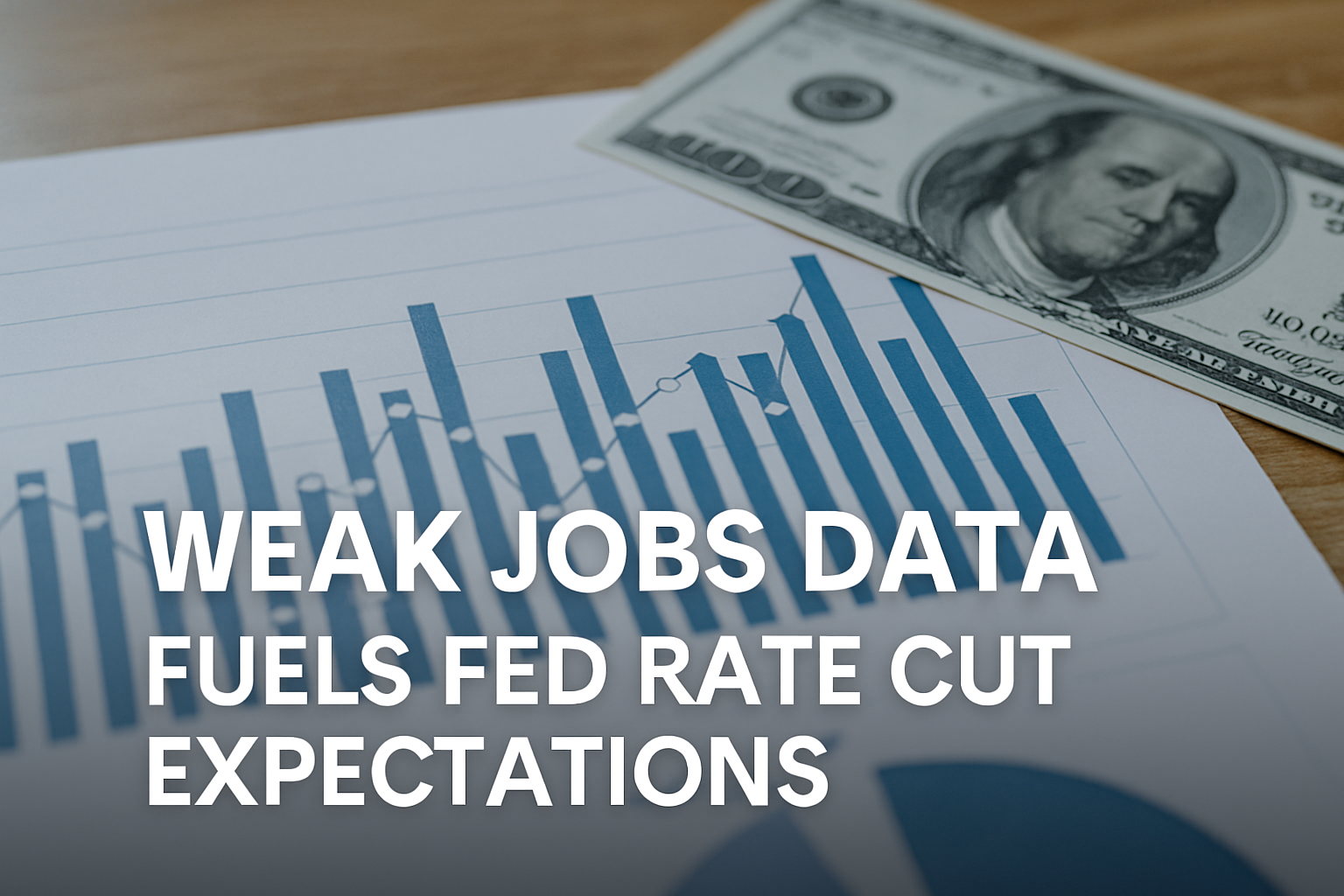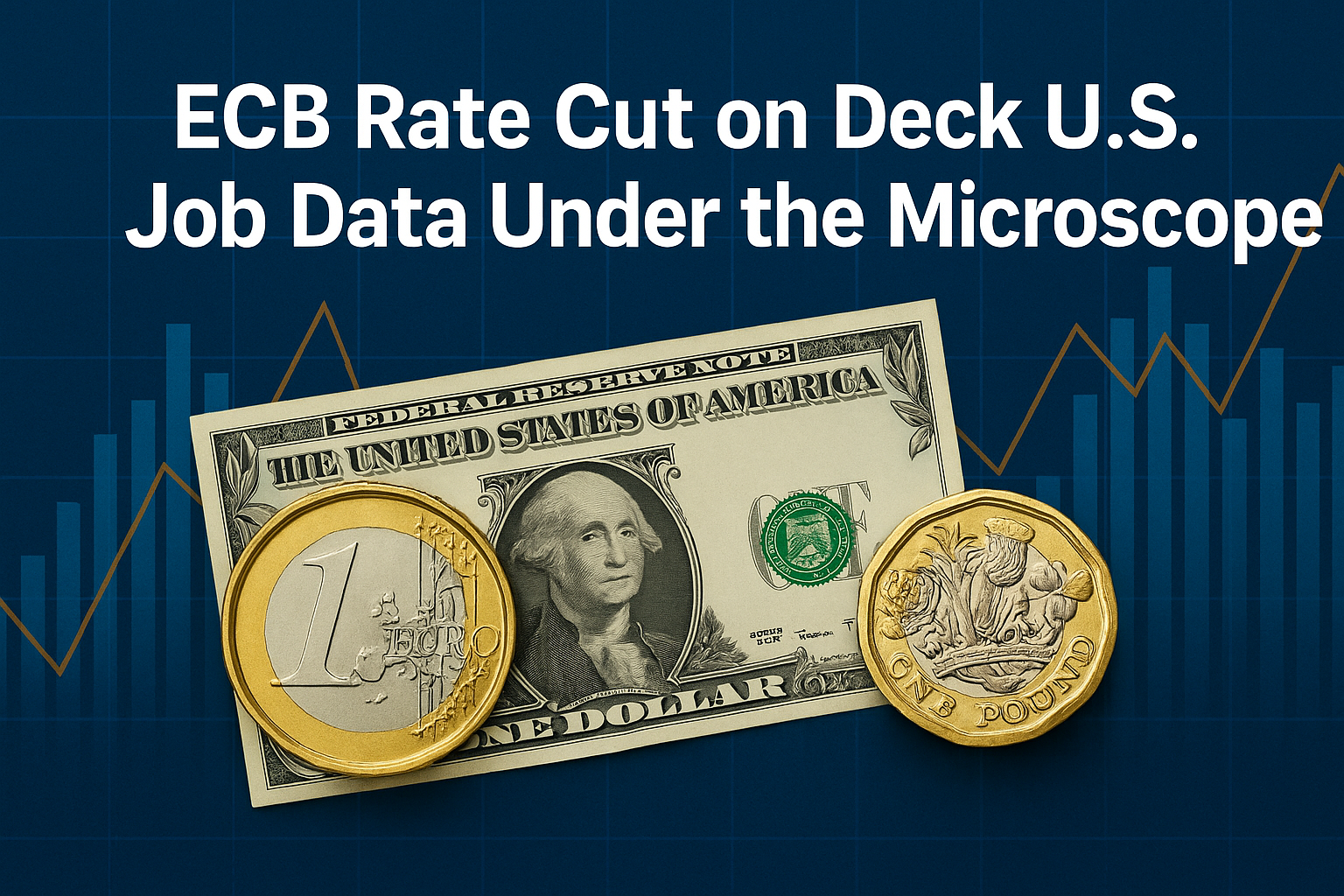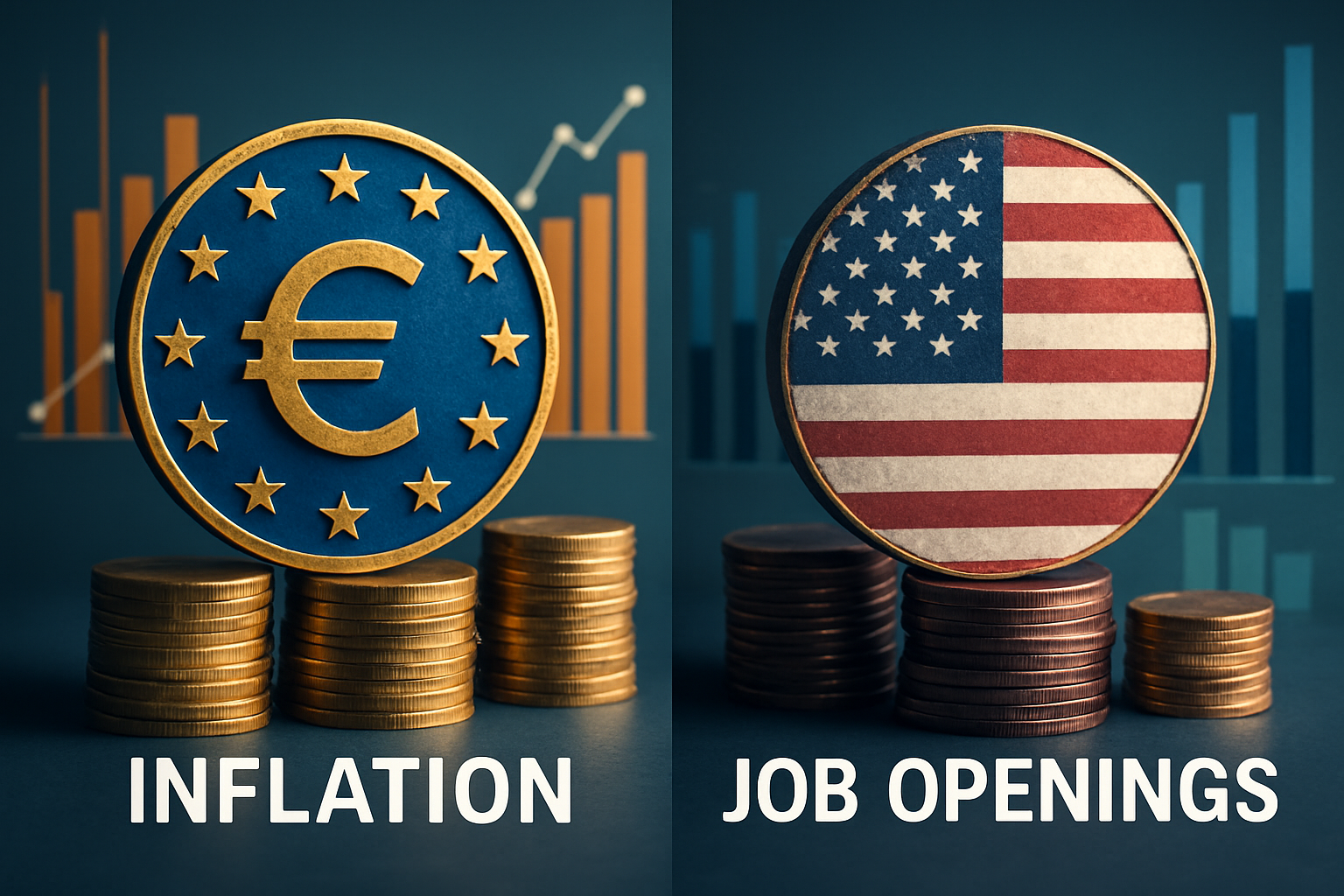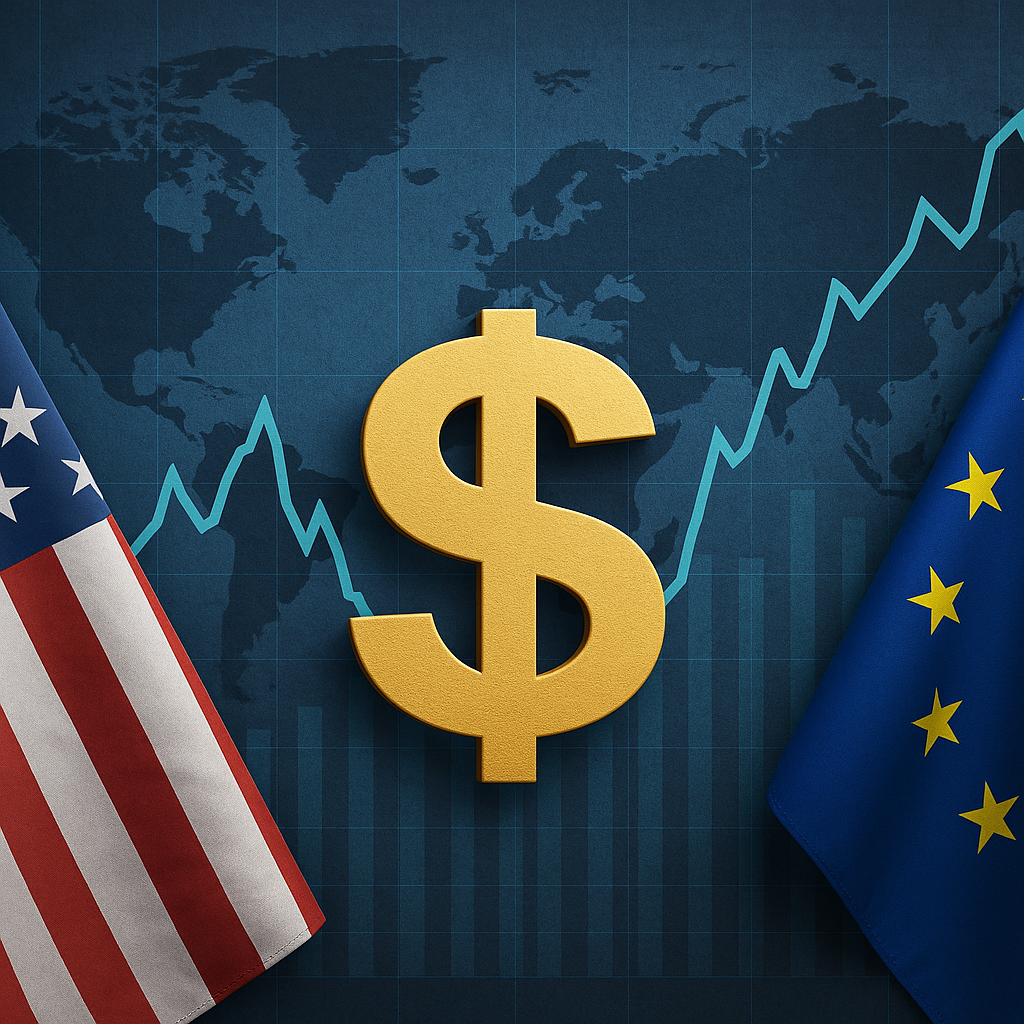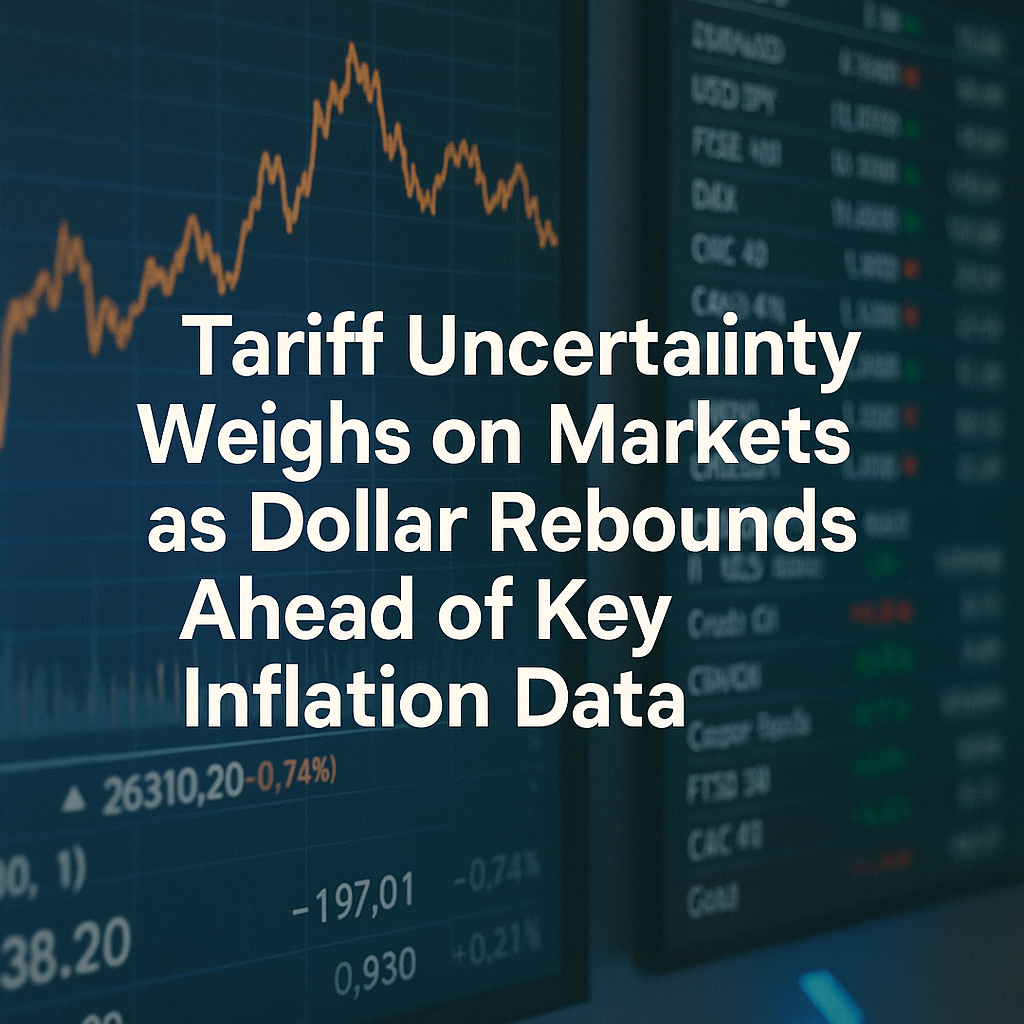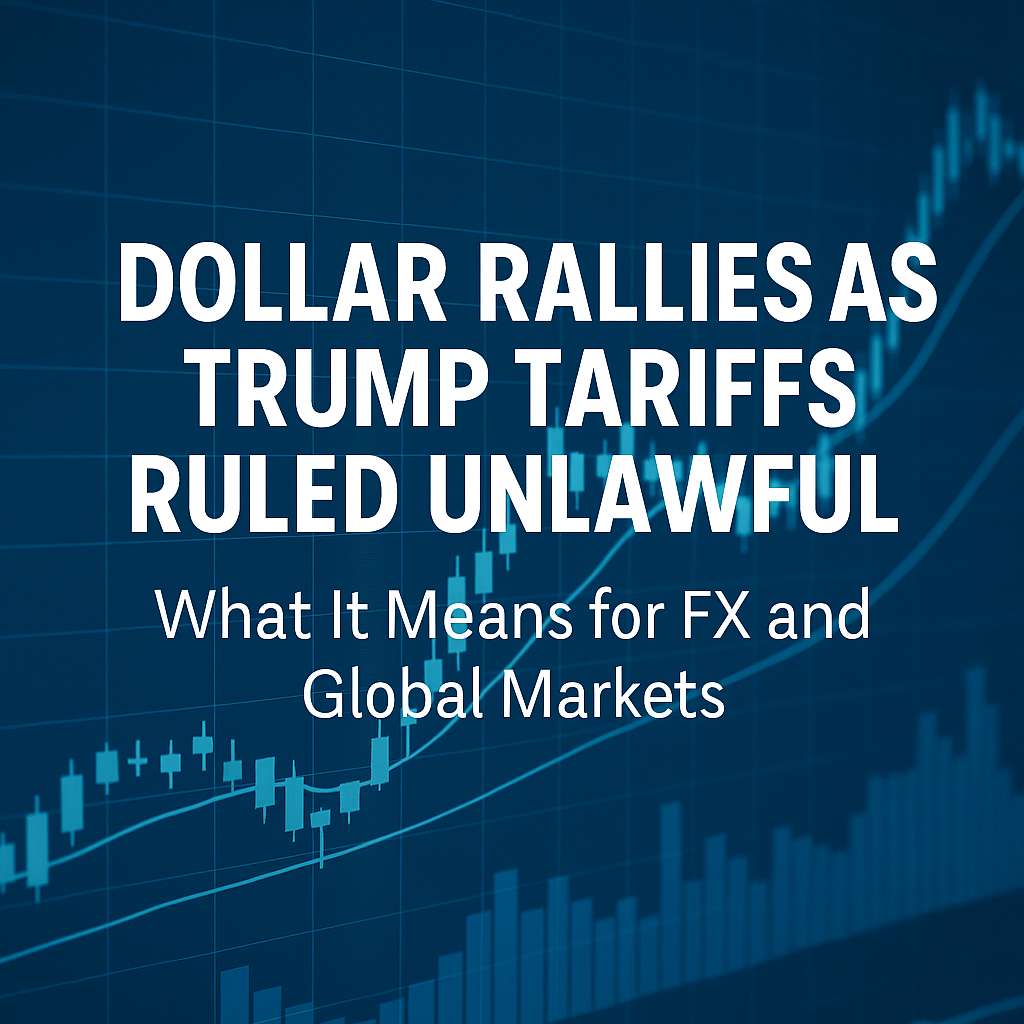Market Shockwave: Geopolitics, Oil, and What's Next for the Dollar
Are you prepared for a volatile market? 🤯 From escalating Middle East tensions to surging oil prices and shifting currency dynamics, there's a lot to unpack. Our latest analysis reveals how these global events could impact inflation and central bank decisions.
Headlines
- Trouble in the Middle East: There's a big problem brewing in the Middle East. Israel launches strikes on military and nuclear targets in Iran. This is happening even though the US and Iran have been trying to talk things out.
- Markets Get Jumpy: Because of these attacks, safe-haven currencies have strengthened overnight. The price of oil also jumped way up as Middle East tensions escalate.
- US Prices Not Rising Much: On a different note, the US got some news about producer prices. It was lower than expected, which is similar to how consumer prices (CPI) were earlier this week. This means prices aren't going up as fast as some thought.
Market Recap:
- US Dollar's Slide:
The US Dollar continued its decline yesterday, now with the dollar index at levels not seen since early 2022. This weakness pushed the Euro and British Pound higher against the dollar, highest level since 2022. The reasons? President Trump's recent talk of new tariffs, combined with weaker-than-expected US inflation (PPI numbers) and a jump in jobless claims to the highest levels since 2021. This softer economic data suggests the US economy might be cooling, making the dollar less attractive to investors.
- British Pound's Pain:
Separately, the British Pound remained weak, facing headwinds from the UK's largest monthly economic contraction in 18 months. This significant slowdown weighed on the Pound's overall performance.
In short, a mix of tariff concerns and disappointing US economic data is weakening the dollar, while the UK's economic contraction is hurting the Pound.
Today’s Market Update:
The markets have been particularly active this morning, primarily driven by a significant escalation in geopolitical tensions. Here's what you need to know:
- Middle East Tensions Escalate:
Overnight, Israel carried out military strikes against Iran, targeting both nuclear facilities and military sites. This action significantly heightens tensions in the Middle East. While Iran has vowed "harsh" retaliation, initial reports suggest no damage to major energy facilities, which has helped ease some of the initial market shock. However, concerns remain high as the situation is expected to stay volatile heading into the weekend.
- Market Flight to Safety:
- Oil Prices Surge: In immediate response to the strikes, Brent crude oil prices jumped sharply, initially rising as much as 13%, before settling slightly lower. This spike reflects worries about potential disruptions to global oil supply, especially given the Middle East's critical role in energy production.
- Safe Havens Strengthen: Investors reacted by moving funds into traditional "safe-haven" assets. Currencies like the Swiss Franc (CHF) and the Japanese Yen (JPY) gained strength, and the US Dollar (USD) also saw some appreciation as investors sought stability.
- Stocks & Riskier Currencies Retreat: Consequently, global stock markets saw declines, and "riskier" currencies, such as the New Zealand Dollar (NZD) and Australian Dollar (AUD), weakened.
- Inflationary Concerns from Oil:
A sustained rise in oil prices, if tensions persist, could reignite inflation concerns globally. This, in turn, could influence central banks, potentially leading them to delay anticipated interest rate cuts or even consider future rate hikes to manage rising prices.
- US Economic Data & The Dollar:
Despite the dollar's recent safe-haven gains, it had been on a downward trend earlier this week. This earlier weakness was due to softer-than-expected US inflation data (Producer Price Index - PPI) and a rise in jobless claims, which have led markets to price in a higher likelihood of the Federal Reserve cutting interest rates later this year. These conflicting signals mean the dollar's performance is currently a tug-of-war between safe-haven demand (due to geopolitics) and underlying economic data pointing to potential rate cuts.
- Japan-US Trade Talks:
In other news, Japan's Prime Minister is reportedly planning discussions with President Trump today, likely centered around trade tariffs. This highlights ongoing trade policy dynamics in addition to the geopolitical concerns.
In summary,
escalating tensions in the Middle East are dominating market sentiment, driving a flight to safety and pushing up oil prices, with potential implications for global inflation and central bank policies. This is unfolding against a backdrop of mixed US economic data and ongoing trade discussions.
13th June 2025
How We Can Help...
Our team are here to help you get more from your money when making international payments. We will work with you to understand your payment needs and offer guidance on the best options available to you.
Get in Touch!
P: 07441 910 897
E: FX-Admin@frank-exchange.com
This document has been prepared solely for information and is not intended as an Inducement concerning the purchase or sale of any financial instrument. By its nature market analysis represents the personal view of the author and no warranty can be, or is, offered as to the accuracy of any such analysis, or that predictions provided in any such analysis will prove to be correct. Should you rely on any analysis, information, or report provided as part of the Service it does so entirely at its own risk, and Frank eXchange Limited accepts no responsibility or liability for any loss or damage you may suffer as a result. Information and opinions have been obtained from sources believed to be reliable, but no representation is made as to their accuracy. No copy of this document can be taken without prior written permission.



